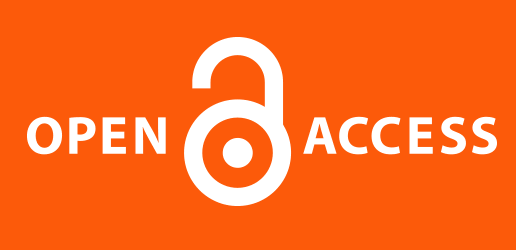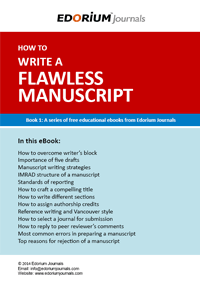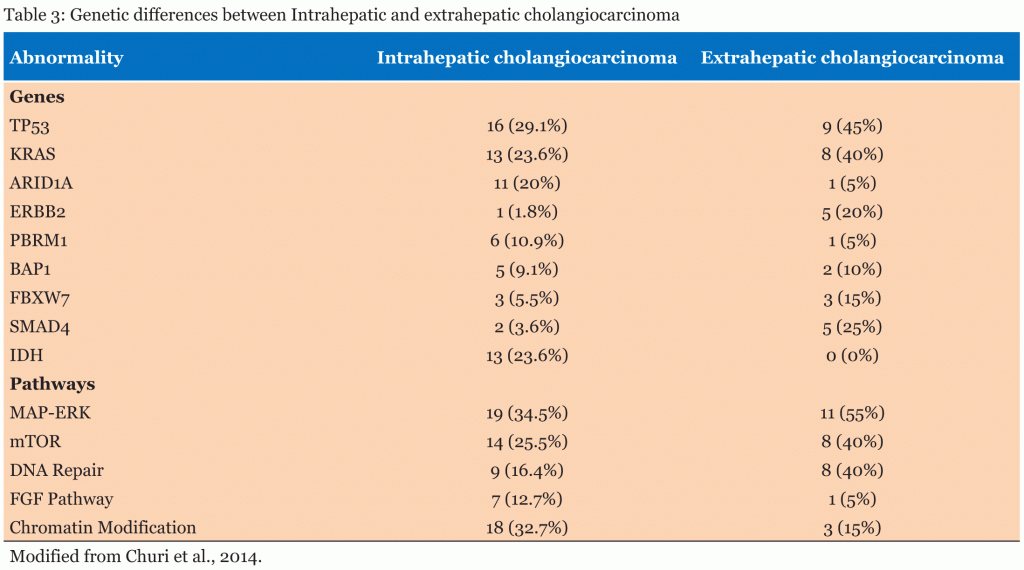The paywalled mega-journals of the previous decade have transited to a more open model today. But it is many-a- times difficult to find a complete copy of the article of your choice straight-away. Recent technological advancements have come up with a browser plug-in that spots the paper you are searching for, and then scans the web to find out if it is available for free anywhere else. It is named as Unpaywall. Thus Unpaywall is bridging the gap between freely-available full text and readers.
The establishment of Unpaywall
The online widget, Unpaywall, which scans more than 5,300 repositories worldwide to find free-to-read versions of paywalled papers, was officially launched on April 4, 2017. This ground-breaking free web-browser extension was pre-released on March 10, 2017. Since then it has been installed for over 10,000 times, say its inventors.
The working of Unpaywall
This plug-in can be installed in Chrome or Firefox, and when you spot a page showing a part or summary of an article, Unpaywall automatically starts looking for a copy of it in its index of more than 10 million legal, free full-text PDFs. It collects info from thousands of different legitimate open-access repositories using open data sources like Crossref, DOAJ, BASE and DataCite.
Then, it instantly displays a small lock icon, letting you know whether it is available for free somewhere else. If the lock icon is green, the paper is available for free elsewhere; if it is grey in color, it is available only behind the paywall; and if it is gold, the paper is available under an open license. Clicking on the green lock takes you to a PDF version hosted at Arxiv (an open e-print archive).
Almost 25% of the time, Unpaywall finds full texts of the abstracts you search for. The reason why it does not succeed at all times is that not every author uploads his full-text PDFs online. However, the number of them opting for this is increasing on a daily basis.
Unpaywall is actually the interface of a tool called oaDOI, which gathers and combines databases of open access articles and journals. Researches often submit their work to preprint repositories (such as Arxiv) or host it on their personal pages or university databases to ensure that their peers can access those.
Both Unpaywall and oaDOI have been built by Impactstory, a nonprofit open-source website that aids researchers to investigate and share their research’s online impact. These tools make minor modifications in the formatting, title, final name, etc in their final versions of the scholarly articles. These also conduct soft matches between authors and titles, so that the fruitless and time-consuming job of hosting all the pages of the different authors of a paper is eliminated.
Benefits of Unpaywall
For many years, researchers, academicians and the general public has little expectation that open access would one day replace subscription access. This was because the job of finding those papers and offering access to them would be labor-intensive. But Unpaywall has made a breakthrough by making that process very much easier.
Upaywall could revamp the number crunching that librarians use while selecting subscriptions, says Rick Anderson, the associate dean for collections and scholarly communication, University of Utah, Salt Lake City.
The difference and commonness between Unpaywall and related tools
The OA button which was launched in 2013 works on research papers without DOIs (Digital Object Identifiers), and it aids you email a request to the author for full-text if it is not available online. It also enables you to locate open datasets. But Unpaywall was constructed as a demo for the open oaDOI API. Furthermore, Unpaywall does not work for those articles that do not have DOIs. However, both Unpaywall and OA button share the commonness that they are free and open-source.
Schi-Hub too finds full-text PDFs for paywalled papers just like Unpaywall. But, Unpaywall locates PDFs legitimately uploaded by the authors themselves, whereas Sci-Hub utilizes other means like automated web scraping of publishers sites to retrieve PDFs. Though these methods bring more comprehensive outcomes, it is not super legal. Unpaywall works within the copyright law and thus provides with a more sustainable approach.
Rounding up, Unpaywall is thus fostering the much-needed transition to fully open access scholarly publishing. It’s easy and legitimate way of locating full-text papers is a boon for the scientific community.




















